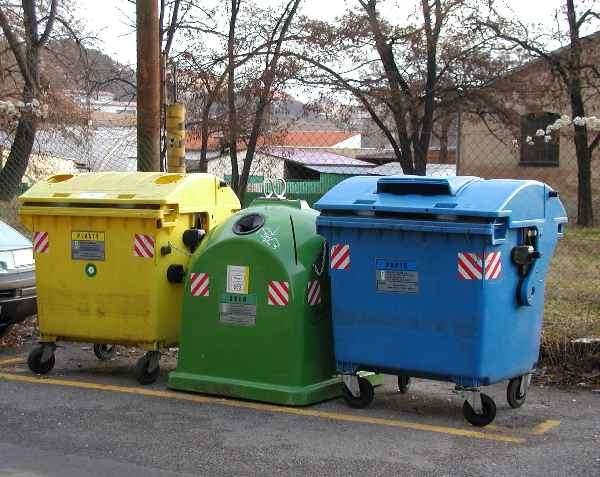A pilot project in Prague using radio-frequency identification (RFID) chips placed on sorted waste containers will help the capital by optimising waste management on the basis of real-time data. The RFID chips will help the city monitor the collection of containers for sorted waste and thus improve service for its residents. The city is cooperating on this project with the municipal company Operator ICT and with waste management companies.
As part of the ongoing pilot project, RFID chips have already been installed on 414 top-emptying waste containers for paper and plastic in the city districts of Prague 2, Prague 7 and Prague 8. In addition, RFID readers have been placed on six garbage vehicles, which collect data of the actual pick up.
“The city and the waste collection companies will have an online overview of whether the collection of sorted waste corresponds to its agreed frequency. When everything is up and running, the project should also help simplify invoicing, both for the Environmental Protection Department of the City Hall, as well as collection companies,” said Jana Komrsková, deputy for the environment.
“The technology does everything by itself, there is no need for the intervention of the garbage crew,” said Petr Suška, director of the Smart City, innovation and project management department at Operator ICT. “In practice, it works in such a way that at the moment the container is emptied, the RFID chip located on the container is automatically read contactlessly using the RFID reader installed on the garbage vehicle.”
Operator ICT also operates the city data platform Golemio. “During the first quarter of this year, there was also the integration of data on actual pickups into the Golemio data platform, which is the only platform in Prague that allows the evaluation and interpretation of city data as a whole,” added Suška.
The main goal of the pilot phase is to establish which of the two technologies being teste is more reliable and suitable. Labelling waste containers with RFID tags also makes it possible to unambiguously identify the waste container, its owner, and automatically record the emptying without contact.
As part of the pilot, it is planned to install a total of 1,000 RFID chips to detect collections of top-emptying separation containers. For the phase of future routine operation, up to 10,000 RFID chips are expected to be installed.
The pilot project follows the Smart Waste Collection, which has been in routine operation since 2020. It is primarily focused on checking the condition and current capacity of rubbish collection containers for separated waste with the help of IoT sensors, which are mainly located in underground containers and bottom-emptying containers. During 2021 and 2022, the project was expanded to 1,200 pieces of sensors. In the future, it is planned to expand the sensory solutions to all bottom-emptying separation containers in Prague, to approximately 7,000 individual containers.





